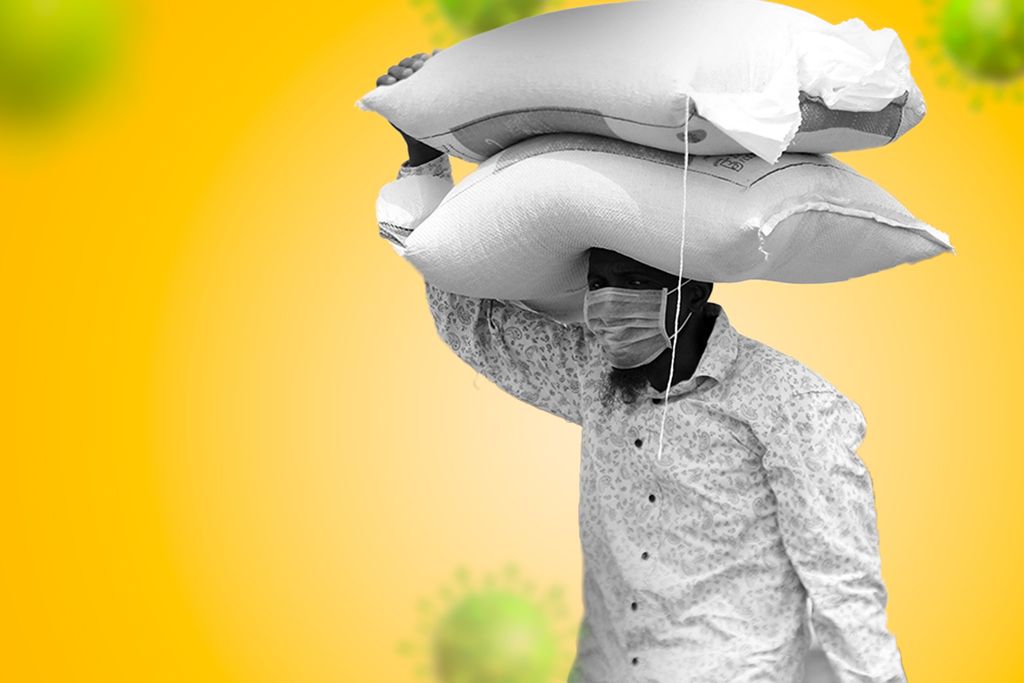Contributors: Yacouba Diallo; Fidélia Bohissou; Hippolyte Affognon; Abdulai Jalloh; David Akana
There is growing evidence that the COVID-19 pandemic will hurt agriculture and food security in West Africa. The pandemic continues to threaten the lives and livelihoods of citizens – the majority of whom are farmers and involved in one value chain or another.
Many countries have adopted several emergency measures to adapt to the COVID-19 crisis. These measures range from closing borders and public institutions, including schools, markets, mosques, and churches, as well as isolating homes, communities, and total lockdown of regions and the entire state. These mitigation measures have resulted in various disruptions in the functioning of markets and supply chains for agricultural inputs and products. Consequently, agricultural producers have limited access to the market for the distribution of products, as well as access to quality seeds and other inputs.
As the virus continues to spread with an increasing number of infected persons, severe measures are being taken to combat the pandemic. As a result, food systems at the local, regional, and global levels will continue to face serious problems. However, it is heartening to note that the global coalition is exploring various means to find lasting solutions to this pandemic. In the meantime, several countries have begun to implement progressive opening-up, lifting lockdown measures as the case may be.
Nevertheless, the impacts of COVID-19 on the agriculture and agri-food sector remain latent, especially with the inability of small farms to move their products from their farms to markets, both semi-urban and urban, and to source quality inputs.
Unless swift action is taken to facilitate producers’ access to seeds and other inputs, the disruptions caused by COVID-19 will inevitably lead to a decrease in agricultural production due to the unavailability of required quality seeds to plant at the right time.

What’s the situation?
West Africa is a net importer of foodstuffs, including rice, wheat, and also market garden seeds. West Africa is the largest importer in Africa. The impact of COVID-19 on countries from which our region is importing from will definitely affect the supply of food and seeds on the world market. This could lead to a food crisis such as the one in 2008, which caused political and economic instability social unrest in the region.
Already, there is an increase in domestic sales of vegetables in the Netherlands, the United States, France, and Germany. The Netherlands is the world’s largest of horticultural seeds. These countries are also experiencing a soar in flower seeds due to the lockdown. This is primarily because more people are growing some of their food. This situation will impact the volume of products that could be shipped to other regions since they are more likely to satisfy their needs first.
Seeds are the starting point for agricultural production; therefore, during times of crisis such as the COVID-19 pandemic, seed delivery is among the essential services that must continue to operate to support the current and subsequent production cycles. It is, therefore, crucial that farmers have access to agricultural inputs promptly. Another critical issue with restrictions to movement is the impact on the availability of migrant labor depended on by many communities and countries.
Measures adopted by countries to stop the spread of coronavirus should take into account the specificity and strategic role of the agricultural sector in food security. Governments, Regional Economic Communities, and their partners should take decisive actions, including an emergency seed program, to mitigate the negative impact of the COVID-19 crisis.

General measures to be taken to mitigate the negative impact of COVID-19
With COVID-19, the agricultural sector today faces unprecedented challenges that require concerted and country-specific interventions. Responses to mitigate its impact on farmers’ seed supply should be immediate, short, and medium terms. Immediate measures aim at ensuring the availability of seeds for the current cropping season. Making seeds available today will provide food for tomorrow and protect the region from food insecurity. Countries will need to be informed of the availability of certified seeds in their respective seed systems and assess the gaps between needs and availability. Similarly, it is crucial to facilitate access and distribution of seeds. During this challenging period, when many countries have closed their borders, breeder, foundation, and certified seed should not be subject to any constraints on production, distribution, and use. More specifically, the following measures should be taken:
- Make a quick inventory of the seed stocks available both at the community level and from approved distributors;
- Carry out direct seed distribution or the granting of seed vouchers for vulnerable farmers;
- Create solidarity networks for social protection and conservation of stocks at the farmer level and avoid selling them;
- Set up an information and monitoring system to continuously disseminate information on seed supply and demand;
- Organize mini stock exchanges and seed fairs respecting social distancing to facilitate the supply of seeds to producers;
- Exempt seed operators and small farmers from movement restrictions while respecting precautionary measures so that they can carry out fieldwork and transport inputs and products;
- Facilitate cross-border trade in seeds. This will be very crucial in the coming months;
- As many countries are implementing social safety nets, it makes sense to prioritize vulnerable actors in the agricultural sector.
Advice to farmers
For centuries, farmers have been the saviors of seed systems through peace and crisis periods during which they have played strategic roles in propagating and conserving resilient seed varieties. To alleviate the seed system crisis caused by COVID-19, ensuring effective storage of the quantities produced during the 2019 season and the coming 2020 season is essential to avoid pest attacks and preserve a reasonable germination rate. Producers could undertake the following actions:
- Farmers should securely preserve seeds already available for use in the next cropping season;
- Refrain as much as possible from selling the seeds or consuming them;
- stimulate strategic alliances that allow and enhance group collaboration on provision of appropriate storage conditions as well as the inter-community exchanges of quality seeds;
- Ensure supply from reliable sources, particularly producers and approved distributors;
- Apply technical advice and good agricultural practices to intensify production and improve yields;
- Given the importance of the informal seed system in West Africa, it is recommended that farmers place more emphasis on sorting, cleaning, and hermetic conservation of farmers-saved seed.

Recommendations and CORAF interventions
The COVID-19 crisis offers an important opportunity to rethink the regional seed system and make structural changes in its mode of operation and in strengthening its recovery in the face of various kinds of shock. As a central player in the seed sector in West Africa, CORAF considers that the most immediate COVID-19 mitigation measure is to ensure the availability and access to breeder, foundation, and certified seeds for the main staple food crops. Seeds should be available to farmers during the pandemic and beyond. Concerted actions are required at several levels.
Policy orientation and implementation: CORAF calls on decision-makers to refrain from imposing restrictions on the export/import of seeds. Experience shows that export/import restrictions can lead to rapid and unjustified price increases, to the detriment of resource-poor farmers and the national economies. In this regard, CORAF believes that improving the implementation of harmonized regional policies and regulatory frameworks for the production, quality control, and marketing of seeds will lead to a more efficient and resilient system. CORAF, therefore, calls for intensified partnerships and synergy to provide a concerted response for sustainable and resilient agricultural systems to avert harmful socio-economic shocks.
Given the potential disruption of the first cropping season (June – August 2020), it is prudent to make appropriate arrangements for the second cropping season (September to November 2020). In the way, possible shortfalls during the first season could be catered for during the second season, particularly in the case of short-season crops like cereals and legumes.
Arrangements should be made for an effective cropping of Inland Valley Swamps (IVS) and other low lying agro-ecologies to be cropped during the dry season for food production as well as seed for the 2021 cropping season. In this regard, the National Agricultural Research institutions could be supported to produce more breeder seeds during the upcoming season to be able to supply the required foundation seeds for the production of certified seeds for the 2021 cropping season.
National government agencies should be vigilant in ensuring that quality is not compromised in agri-inputs, including seeds, fertilizers, and pesticides while providing the safe use of such inputs, particularly pesticides.

Mobilizing multi-stakeholder platforms: CORAF will continue to support multi-stakeholder platforms at all levels to ensure the scaling up of seed technologies, sharing of technical experiences and good practices related to the production, quality assurance and marketing of high-quality seeds. In addition, CORAF will further facilitate the development of local seed enterprises for the production of adapted varieties. It will work with national seed trade associations and regional seed enterprise organizations to better position themselves and improve the competitiveness of the regional seed supply chain with more deliveries of quality seeds of high-performance varieties to agricultural producers.
The CORAF Agripreneur TV is being revitalized to provide daily, or at least weekly weather forecast, aggregates of available national certified seeds supply in partnership with the Association of the Seed Industry in West Africa (ASIWA), as well as the COVID-19 status of countries. The Agripreneur TV will also provide possible feedback from nations for informed decision making by states and the ECOWAS Commission.
Out-scaling resilient seed technologies: CORAF will continue to facilitate farmers’ access to high-yield seeds and other modern agricultural technologies that improve productivity for food security and generate marketable agricultural surpluses. CORAF is currently conducting seed security assessments at the national level by various means through its programs. The national institutions will be disseminating technological packages of inputs and good practices for the different agro-ecological zones. They will be establishing demonstration plots for the promotion and dissemination of improved seed varieties and supporting the development of information systems on seed technologies and seed supply, and demand.
In conclusion, the COVID-19 crisis and its impact on seed systems will not affect a single country. It is a regional or even global challenge that requires appropriate cooperation and coordination at all levels. West African countries should combine their efforts to contain and stop the spread of the virus and take concerted measures to mitigate the negative impact on seed systems and food security through the production and sharing of updated information, the free circulation of seeds and plant propagation material, and the strengthening of seed systems for greater resilience.
Read also:
 English
English
 Français
Français 
